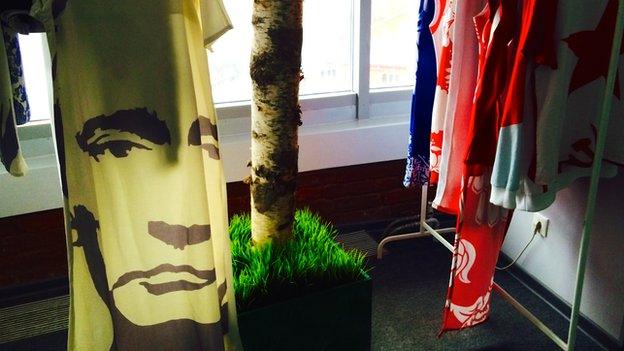How Russia's relationship with Europe has evolved
- Published
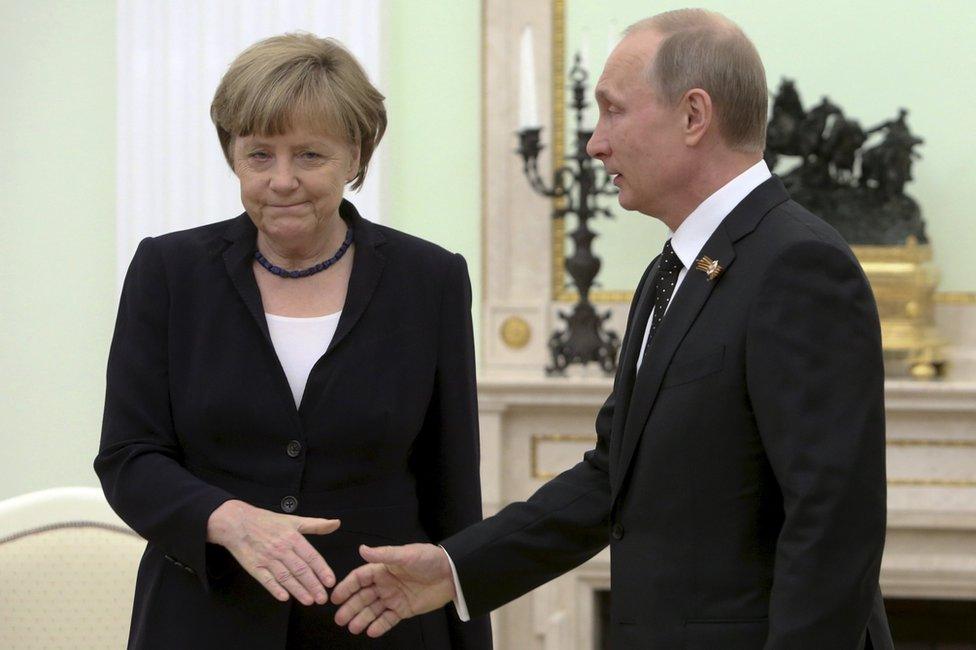
Russia's relationship with the countries it calls "Europe" (the EU and the European Economic Area) has evolved significantly since the dissolution of the USSR.
Whereas its relationship with Nato has always been marked by suspicion, Boris Yeltsin's reformers saw Russia as part of Europe and a potential beneficiary of closer integration.
They also hoped that integration between the EU and CIS (Commonwealth of Independent States, a regional organisation dominated by Russia) would assume a complementary form.
This liberal vision gradually fell victim to:
the opponents of market reform
the revival of Russian nationalism
the determination of Russia's neighbours to chart their own course
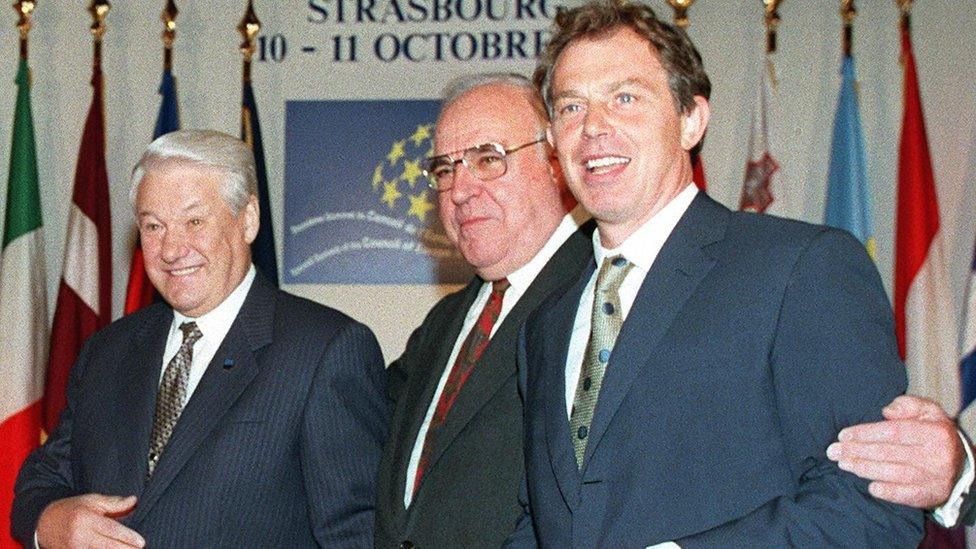
Boris Yeltsin (left) saw Russia as part of Europe
Vladimir Putin swiftly understood that the EU was a project of deepening integration based on norms of business, law and administration at variance from those emerging in Russia. He also feared that EU enlargement would become a means of excluding Russia from its "zones of traditional influence".
Despite these apprehensions, Russia's trade with the EU increased by leaps and bounds.
In 2012, the EU accounted for 52% of Russia's exports, 68% of which consisted of fuel and energy. Until the 2006 Russia-Ukraine energy crisis,, external stable interdependence was an article of faith that eased political tensions.
On this positive basis, negotiations on a successor to the 1994 EU-Russia Co-operation Agreement began in 2008, and a Partnership for Modernisation, external was concluded in 2010.
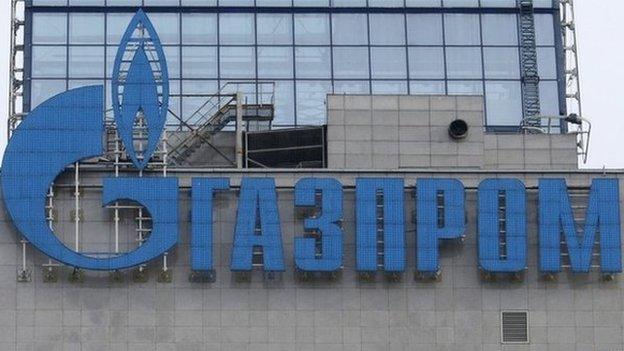
The EU makes up a large part of Russia's gas exports
The recent Ukraine conflict has thrown these trends into reverse, but the deterioration in relations had started years before.
The EU's Third Energy Package (2011), a robust series of measures against monopolistic practices, was viewed in Moscow as a blatantly hostile act.
The Eastern Partnership (2009), with its offer of association agreements to Russia's neighbours, was perceived in time as a threat equal to that posed by Nato enlargement.
In summer 2013, the EU Council sharply condemned Russia's mounting pressure on Eastern Partnership countries. In response to Crimea's annexation in March 2014, the EU has suspended virtually all co-operation.
Its enhancement of targeted sanctions in July 2014, in unison with Washington, constrains Russia's access to capital markets and blocks the export of dual-use and sensitive technology.
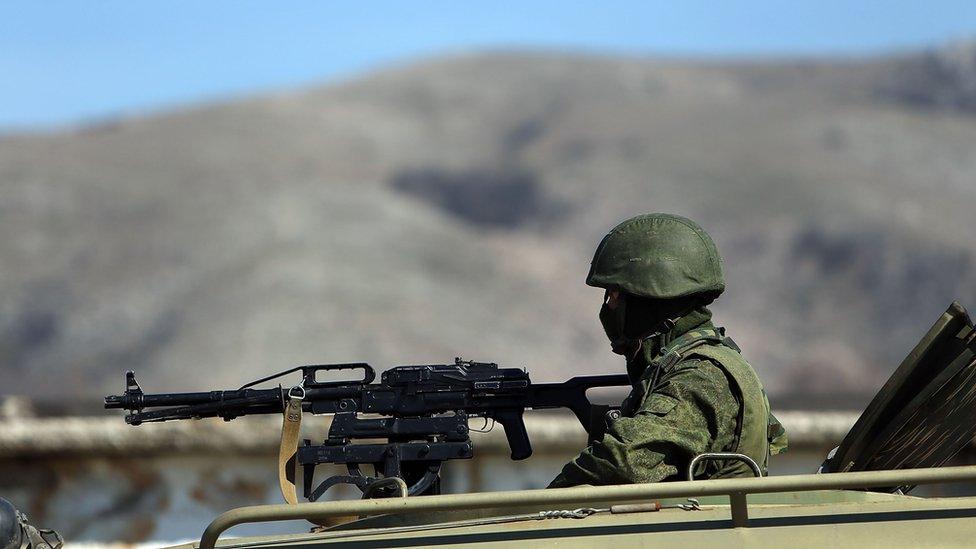
The deterioration in Russia-EU relations began long before the Ukraine conflict
Russia's intervention in Ukraine represents a collision between two visions of Europe: the first based on rights, rules and freedom of choice; the second based on spheres of influence and the merger of money and power.
None of this was pre-ordained. In 2001, Mr Putin told the German Bundestag that European culture "has always been our common asset", external.
Eleven years later, he juxtaposed Russian "civilisation" and European post-modernism: "The choice of the Russian people has been confirmed… not by plebiscites or referenda, but by blood."
Today he urges Europe to "relearn the lessons of Yalta".
Even in this grim setting, the EU remains Russia's biggest market. This is a major contrast to the Cold War, even a source of hope, but it does not rule out a further deterioration of relations.
James Sherr is an associate fellow and former head of the Russia and Eurasia Programme at Chatham House, external.
- Published21 December 2015
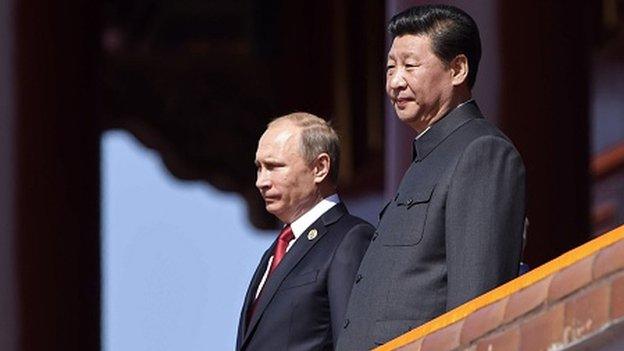
- Published17 March 2024
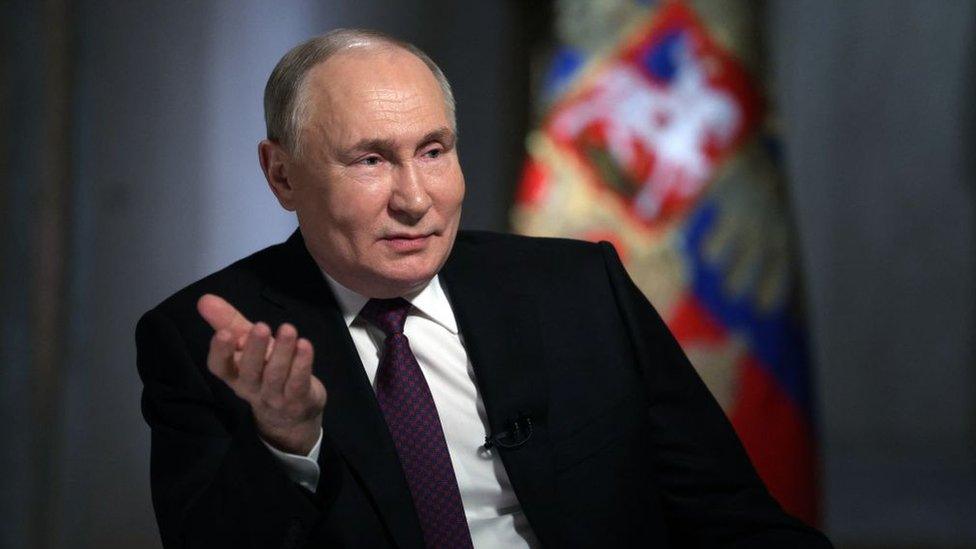
- Published27 November 2015
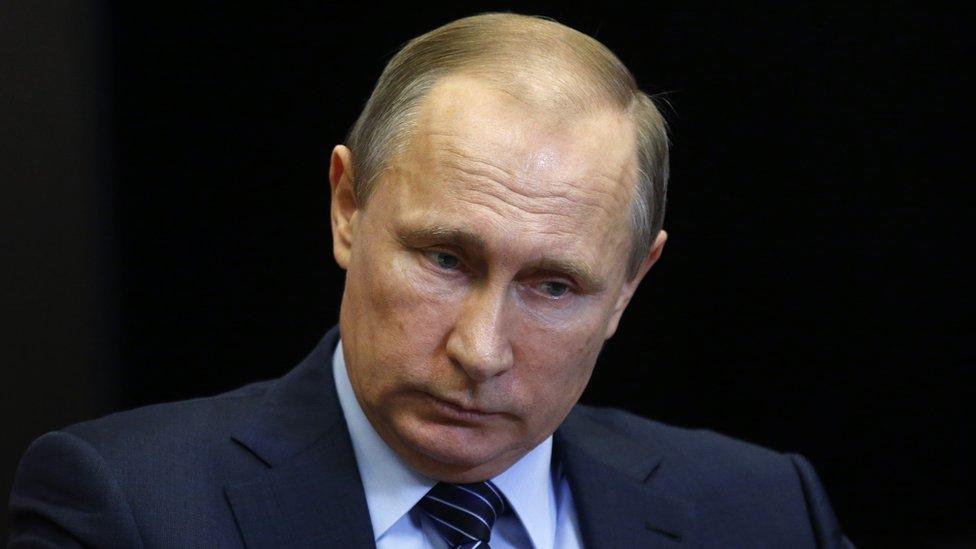
- Published26 October 2015
- Published27 March 2015
